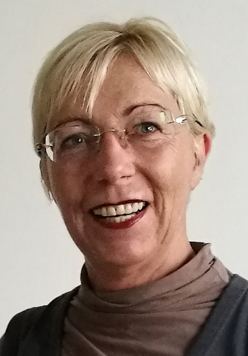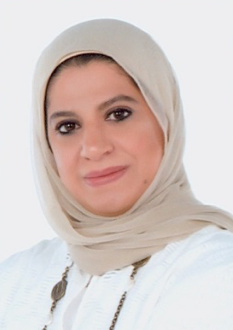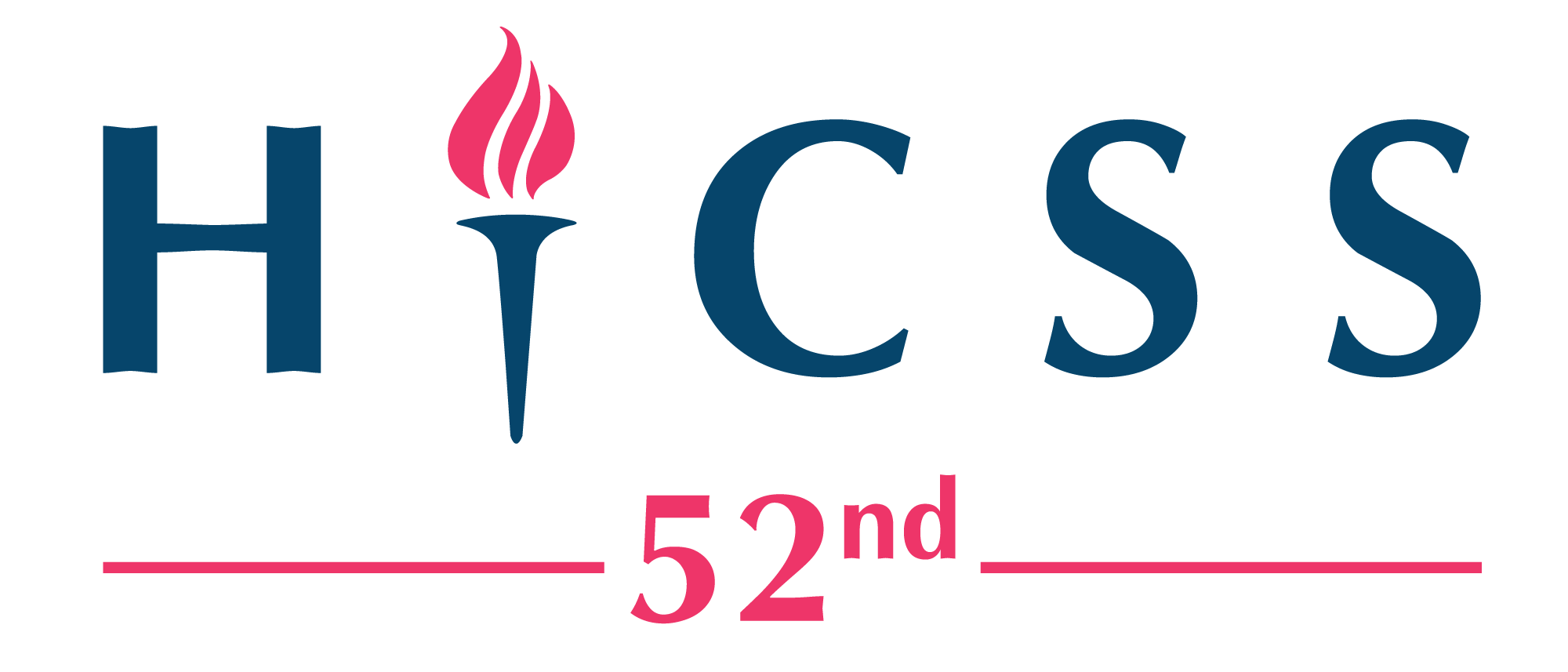HICSS - 52 Digital Government Track
52nd Hawaii International Conference on System Sciences
January 8-11, 2019 - Grand Wailea, Maui, HI, USA
Overview
Minitracks
Tutorials and Workshops
Other Links
Social Media in Society and Government: Public Administrations with Citizens and Businesses



Minitrack Description
The use of social media by citizens, businesses, and public agencies at local, regional, or central level is an exciting area that has become mainstream. Platforms such as Facebook, Twitter, Instagram, WhatsApp, and WeChat represent global tools that facilitate the interaction between all actors in society. Social media is, not only a channel of information exchange between government agencies and users but also a powerful tool for service delivery, citizen participation, and an arena of public deliberation. Nonetheless, for researchers as well as practitioners many questions remain unanswered and are worth exploring.
Minitrack topics include, but are not limited to:
- Social media and government information sharing and transparency
- Social media and citizen participation
- Social media and citizen value co-creation
- Social media and government services delivery
- Evaluation of government social media practices
- Citizen political discussion and mobilization on social media
- Relationship between online social media use and offline political action
- Predicting election and other political events using social media content
- Government social media policy and implementation challenges
- Government social media and privacy
- Social media and information overload
- Social media use for public agencies’ internal activities
- Social media use in public-private networks
- Social media and awareness
- Factors affecting the use of social media networks
- Public perceptions toward using social media networks to rebuild relationships with governments
- The use of social media networks in marketing government information and services
- Social media as a leveraging tool to create, deliver, and share information and services with the public
- The adoption of social media by governments as well as the public, and the evaluation of social media practices
- Citizen political discussion and mobilization on social media, and the possibility of citizen value co-creation
- The relationship between online social media use and offline political action.
- Global/cultural factors affecting government information on social media
- Impacts of the "Digital Divide" on the use and effectiveness of social media for delivering government information and services
- Content analysis of government information and citizen commentary as interactions over social media networks
- Analysis of social media platform characteristics as they affect content postings and responses (for example: the short length of Twitter, the image focus of Instagram, the groups and threads of FB)
- Privacy and security issues of social media
- Cross-national interactions of government participation in social media
In keeping with the breadth and depth of social media usage, we are looking for high-quality conference papers that adopt a wide range of approaches on content, case studies, or prctical and theoretical models to advance this area of research.. The papers submitted to this minitrack must be new and unpublished.
We consider the various aspects of the target group-oriented use of social media to be an exciting field of discussion at HICSS-52. The following sample questions should inspire you to submit a worthwhile paper:
- How intense is citizen participation, and is feedback welcome?
- Does social media actually lead to a more intensive exchange of ideas and participation?
- Are the business processes of public administrations currently becoming more transparent to citizens and businesses?
- ow does the design of the platform interfaces of social media channel the particular types of content posted and the types of responses made, and how does it influence interactions and the forming of opinions?
- What are the critical issues related to privacy, information leakage, the blurring of boundaries between private and public spheres, and what impact do they have?
- Is there a need to clarify the challenges thrown up by social media and should an awareness of them be developed in the public at large?
- What learning methodologies can be used to reduce the "Digital Divide" and how can they be implemented?
- How do actors use social media to influence other actors and even events in other nations?
- Which new trends might be worth discussing and should be reflected upon?
More information on the mini-track chairs:
Margit Scholl, PhD, has been a professor since 1994 and since 2001 Professor of Business Informatics and Administrative IT at the Faculty of Business, Computing, Law of the Technical University of Applied Sciences Wildau (TUASW) located to the southeast of Berlin in Brandenburg. Her areas of interest cover project management, including e-government services and user experience expectation; process management, including change and risk management; business applications and document management systems (eAkte); multimedia, including learning methodologies as authentic problem- and project-based blended learning. Moreover, a main research theme of the last decade has been information security, data protection, and awareness. She founded the Wildau Institute for Innovative Teaching, Lifelong Learning and Evaluation (WILLE) in the Technology Center e.V. for Continuing Education in 2010, where she runs certification courses providing qualification as Information Security Officer for Public Administration and SMEs. Together with her team and research partners, she also develops the "IT Security Arena" with target-group-specific and game-based awareness-raising scenarios.
Suha AlAwadhi is an assistant professor in the Department of Information Science at the College of Social Sciences, Kuwait University, Kuwait. Her main research interests focus on e-government, technology acceptance, the usability and evaluation of information systems, social media, social inclusion, and knowledge sharing. Dr. AlAwadhi has written and published a number of articles on a variety of professional topics in regional and international journals and delivered many international conference presentations, posters, and workshops. In 2016, her poster entitled "The use of social networks in government for building social capital, social inclusion, and social equality" received the best poster award organized by the Research Sector, Kuwait University.
Jerald Hughes received his PhD degree in business and computer information systems from the Zicklin School of Business, Graduate Center of the City University of New York, in 2006, having taught at CUNY's Baruch College since 1999. Beginning in 2006, he served as Assistant Professor in the CIS department of the College of Business Administration of the University of Texas Pan American in the Rio Grande Valley and was promoted to Associate Professor, effective Fall 2012. He served the college as Associate Dean for Undergraduate Education from 2011 to 2015 and is now the chair of the Information Systems Department of the College of Business and Entrepreneurship in the newly created University of Texas Rio Grande Valley. His research interests include digital information goods, e-commerce, information systems security, and text analytics.
Co-Chairs
Margit Scholl
(Primary Contact)
Technical University of Applied Sciences Wildau (TUASW)
Faculty of Business, Computing, Law
House 100 / Room 106
Hochschulring 1, 15745 Wildau, Germany
Phone: +49-3375-508-917
Email: mscholl@th-wildau.de
Suha AlAwadhi
Department of Library and Information Science
College of Social Sciences
Kuwait University
P.O. Box 68168
Kaifan 71962, Kuwait
Phone: (965) 24984845
Email: s.alawadhi@ku.edu.kw
Jerald Hughes
Department of Information Systems
The University of Texas Rio Grande Valley
Phone: (956) 665-7317
Email: j.hughes@utrgv.edu
